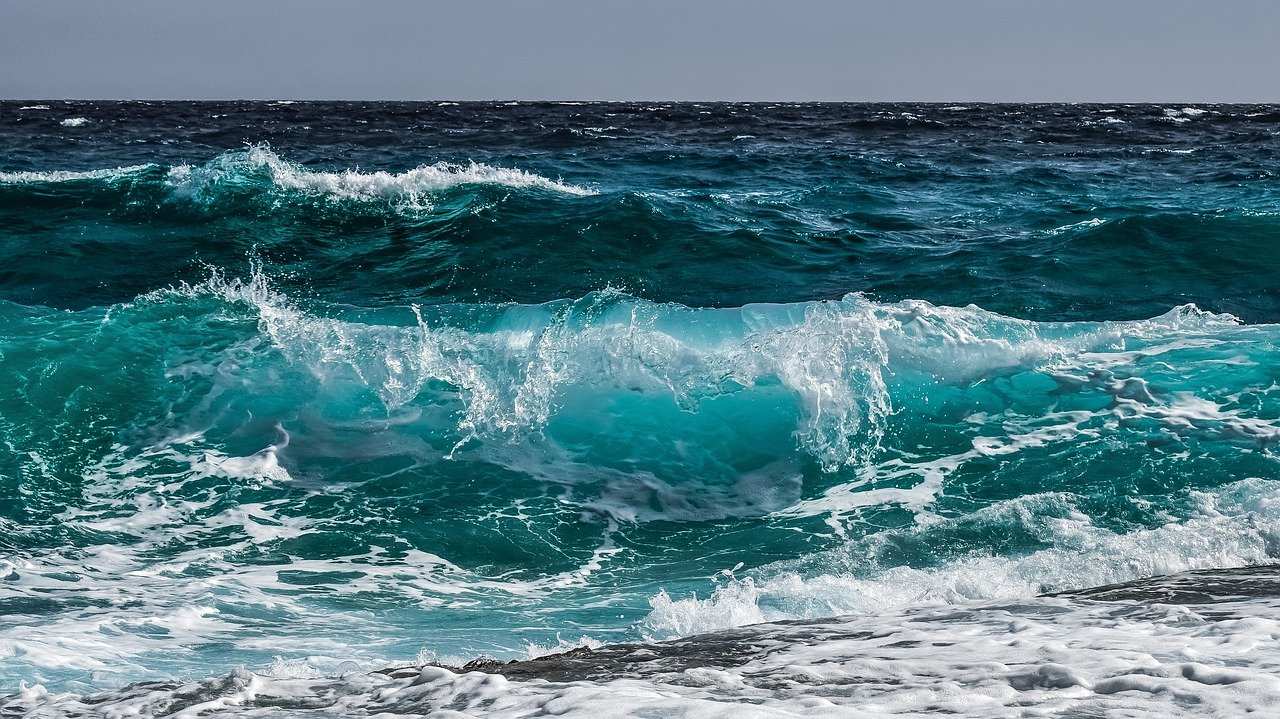
The field of marine habitat restoration has developed rapidly over recent years and will likely accelerate with both the UN Decade of Restoration and UN Decade of Ocean Science for Sustainable Development (2021–2030). These programs
will support efforts to collectively manage and reverse declines in ocean health and generate increased investment in the conservation of marine ecosystems and the communities they support. Despite a relatively long history in places like Japan, Korea, and California, the science and practice of kelp forest restora-tion is still in its infancy, and there remains a wealth of knowledge to be learned and shared from our collective failures and successes. To date, many projects have remained disconnected and had limited opportunities to share their experiences and learnings. The practice of kelp forest restoration will be greatly enhanced with collaborative, science-based efforts, where all stakeholders and custodians are engaged in decision making and even short-term failures can yield insights that contribute to longer-term success.
The development of the Kelp Restoration Guidebook was informed by a series of global workshops, and an expert panel of authors and editors, with the aim to share and distil lessons learned from kelp restoration efforts globally. The intent is for this guidebook to serve as a starting point for practitioners, researchers, managers, and custodians to learn about the steps of restoration and access an active community of practice—all to improve the likelihood of success for future restoration projects. The broad lessons contained herein can then be extended and refined to suit local kelp species and circumstances.
Ultimately, by cultivating an alliance of kelp forest restoration practitioners around the world, we can work together to ensure that kelp forests flourish in our planet’s changing seas.
